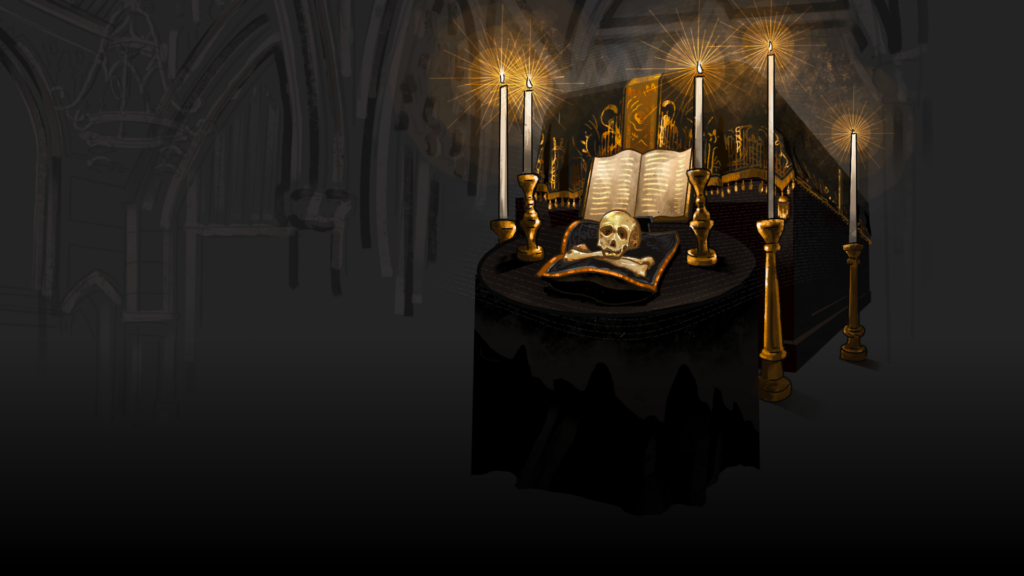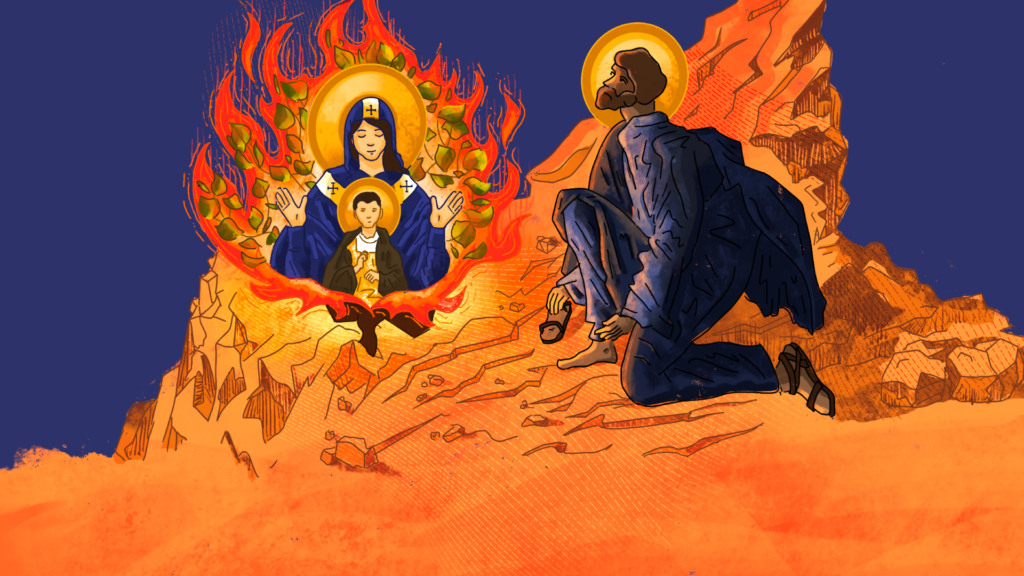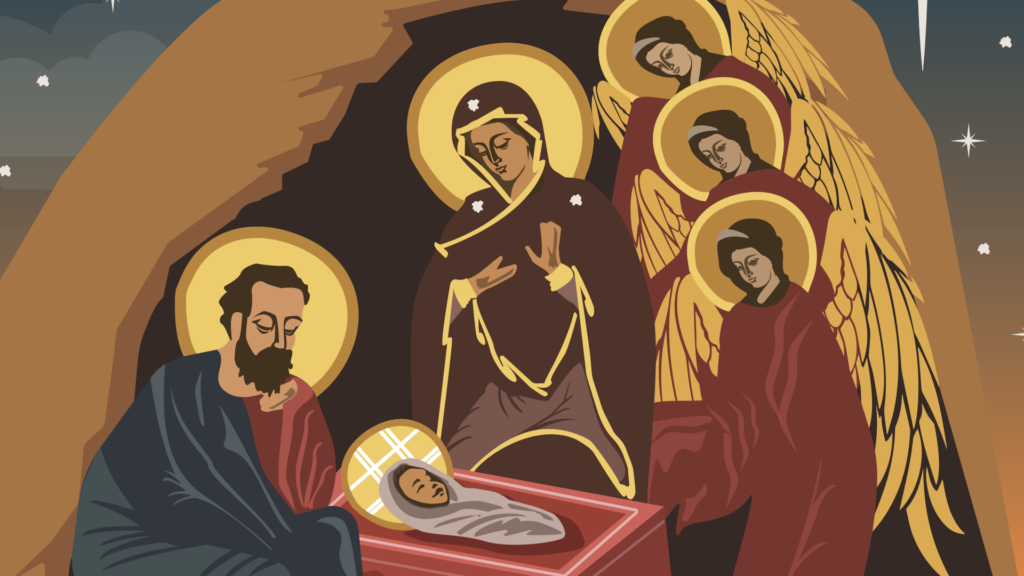For Sunday, November 6th, 2022
Reading
Some Sadducees, those who deny that there is a resurrection, came forward and put this question to Jesus, saying, “Teacher, Moses wrote for us, If someone’s brother dies leaving a wife but no child, his brother must take the wife and raise up descendants for his brother. Now there were seven brothers; the first married a woman but died childless. Then the second and the third married her, and likewise all the seven died childless. Finally, the woman also died. Now at the resurrection whose wife will that woman be? For all seven had been married to her.” Jesus said to them, “The children of this age marry and remarry; but those who are deemed worthy to attain to the coming age and to the resurrection of the dead neither marry nor are given in marriage. They can no longer die, for they are like angels; and they are the children of God because they are the ones who will rise. That the dead will rise even Moses made known in the passage about the bush, when he called out ‘Lord,’ the God of Abraham, the God of Isaac, and the God of Jacob; and he is not God of the dead, but of the living, for to him all are alive.”
Luke 20:27-38
Reflection
Marriage is a beautiful thing. From the beginning of time, God created man and woman to complement and complete each other. Having already created the animal kingdoms, God said, “It is not good that man should be alone, so I will make him a helper fit for him” (Genesis 2:18). Clearly, God made us to be relational beings. This mirrors God’s Being: God is one God in three divine Persons. In today’s Gospel, the Sadducees are not questioning the goodness of marriage, but they are questioning the relations of married people in the afterlife.
Seemingly out of nowhere, since this is the first time the Sadducees appear in Luke’s Gospel, the Sadducees come forward and put Jesus to the test. Because they did not believe in the resurrection, they bring Jesus a scenario of what they think is an air-tight argument against it.
But in order to understand their argument, we must first grasp one of the Jewish commandments in Deuteronomy. There God says,
When [a brother] dies without a son, the widow of the deceased shall not marry anyone outside the family; but her husband’s brother shall come to her, marrying her and performing the duty of a brother-in-law. The firstborn son she bears shall continue the name of the deceased brother, that his name may not be blotted out from Israel. (25:5-6)
God gave this commandment in addition to the first-ever commandment given to Adam and Eve: “Be fruitful and multiply” (Genesis 1:22). This shows that, in addition to valuing relationships, God values life. But the Sadducees could not see the connection between marriage, remarriage (after the spouse’s death), and the afterlife in Heaven. So they pose a simple question to Jesus, “What if seven brothers were married to one woman but they all die; whose wife will she be in Heaven?” And Jesus says something to the effect of, “No one’s because there is no marriage in Heaven.”
Jesus’ answer is profound on many levels. First, Jesus is not afraid to directly answer the question of his opponents. Second, he tells us there is no contradiction between remarriage and resurrection; in fact, he gives us an insight into the very purpose of marriage. Third, he gives us an insight into what existence will be like in Heaven.
Jesus’ answer implies that marriage is a means to man’s ultimate end: which is salvation. Our Lord tells us: “[T]hose who are deemed worthy to attain to the coming age and to the resurrection of the dead neither marry nor are given in marriage. They no longer die, for they are like angels; and they are the children of God because they are the ones who will rise.” Therefore, Jesus is telling us that Heaven is an eternal state of being with God, a place reserved for the risen.
Our Lord’s response would have irked the Sadducees because they had just attempted to argue that belief in the resurrection of the dead is absurd. But Jesus doesn’t stop there; instead, he goes so far as to appeal to their highest Jewish authority. He says, “That the dead will rise even Moses made known in the passage about the bush….” His listeners would have known he was speaking about the great prophet Moses’ experience at the burning bush in reference to God’s theophany—the manifestation of God. Here God called out to Moses, saying, “I am the God of your father, the God of Abraham, the God of Isaac, and the God of Jacob” (Exodus 3:6). Jesus concludes with a question: why would the living God refer to himself as the God of our fathers if they too were not still alive in him? Interestingly, this same reasoning and defense of the resurrection of the dead can be found later in the New Testament from both St. Luke (Acts 7:30-34) and St. Paul (Acts 26:22-23).
Let’s take a moment to thank our living God today for the great reality and the great gift of the resurrection. Pray to “be made worthy” and that you may persevere to the end in order to experience this gift firsthand on the last day.
Is it time for your Exodus? Learn more here.









